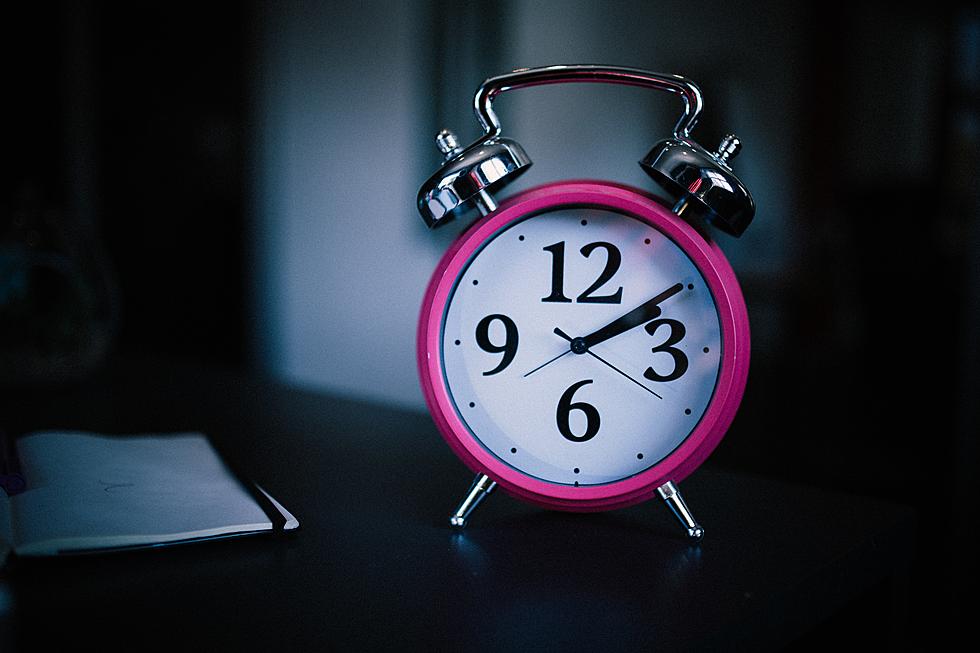
Facts and Potential Health Side Effects of Daylight Saving Time

We are almost to that day that everyone seems to hate. Time change. Granted, a lot of people enjoy more daylight at the end of the day, but it's the pain of changing time and getting into a different routine that people don't like.
Still, the time change and Daylight Saving Time isn't going away anytime soon so we are just going to have to deal with it. Daylight Saving Time begins at 2:00 a.m. on Sunday, March 13 and lasts until Sunday, November 6 at 2:00 a.m.
So be sure to change any clocks you have that are still manually set ahead one hour on Saturday night before you go to bed.
Here are some interesting facts about Daylight Saving Time and some potential health issues you should be aware of.
Not All States Participate in Daylight Saving Time
Arizona and Hawaii are the two states that have decided not to observe Daylight Saving Time.
More and More States Want To Ditch The Time Change
According to the Democrat & Chron, at least 19 states have made either passed legislation or resolutions calling for their state to ditch the time change. Those states include:
- Alabama, Georgia, Minnesota, Mississippi and Montana in 2021.
- Georgia, Idaho, Louisiana, Ohio, South Carolina, Utah and Wyoming in 2020.
- Arkansas, Delaware, Maine, Oregon, Tennessee and Washington in 2019.
- Florida in 2018. California voters also authorized a change, but legislative action is pending.
Farmers Are Not Responsible For The Time Change
Somehow, the farmers and ranchers have been blamed for the time change, even though they had little to do with it. According to timeanddate.com, Daylight Saving Time began in 1908 and was mainly used farmers in Canada.
But Germany popularized daylight saving time after it first set the clocks forward on April 30, 1916, to save coal during World War I.
Daylight saving time became a national standard in 1966 when President Lyndon B. Johnson signed the Uniform Time Act, which was established as a way to continue to conserve energy. The thinking was if it's light out longer, that's less time you'll need to use the lights in your house.
Daylight Saving Time Can Mess with Your Health
According to a news article from SiouxlandProud, yes changing times can mess with your overall health. It basically comes down to a lack of sleep. Those in the medical field they have seen an increase in heart attacks and drowsy driving.
So get some sleep this weekend and next week and enjoy more daylight and better temperatures ahead.



